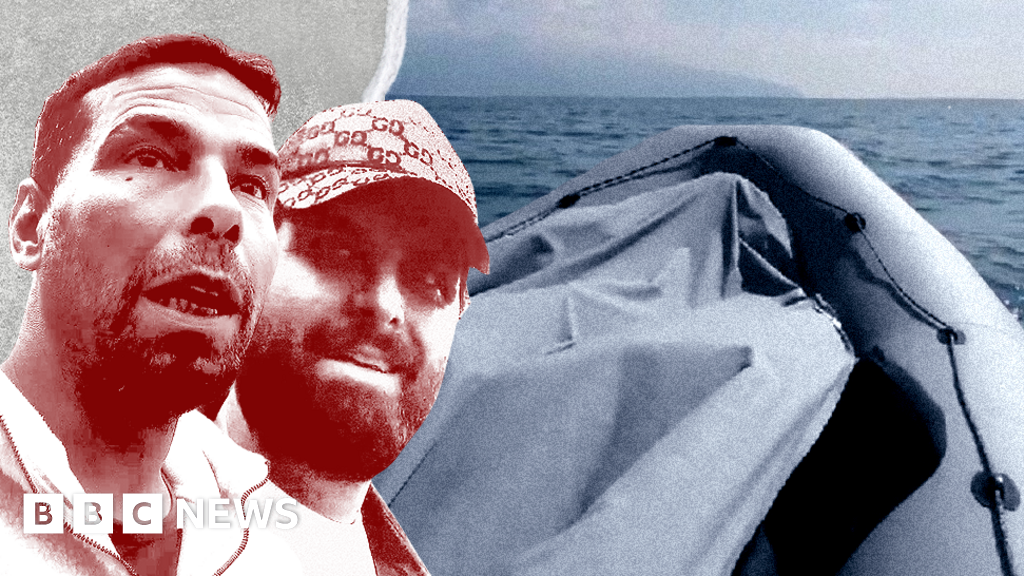The entire “package” is priced at €15,000 (£12,500), which includes an inflatable dinghy, an outboard motor, and 60 life jackets to cross the English Channel. This offer was made by two small-boat smugglers to an undercover BBC journalist in Essen, a city in western Germany with a significant migrant population.
The BBC’s five-month investigation has revealed the extensive German involvement in the dangerous human smuggling trade across the English Channel. Germany has become a central location for storing boats and engines used in Channel crossings, as confirmed by Britain’s National Crime Agency.
Smugglers store boats in secret warehouses in multiple locations in Germany, playing cat-and-mouse games with German police. This year has seen the highest number of migrant deaths during Channel crossings, with over 28,000 individuals making the perilous journey in overcrowded boats.
An undercover reporter, known as Hamza, met with a smuggler named Abu Sahar in Essen to discuss crossing the Channel. Sahar showed videos of available boats and engines, emphasizing the safety and logistics of keeping the equipment in Germany.
During a meeting at a café, Hamza met with Sahar and another man referred to as “al-Khal.” Khal, a respected figure, discussed the purchase of a boat, emphasizing the illegality of the operation despite potential legal loopholes in German law. The smugglers revealed their network of warehouses in Essen and their ability to transport equipment to Calais within hours.
The smugglers offered Hamza a “package” deal for €15,000, including all necessary equipment for the crossing. They also mentioned a cheaper option for €8,000, where Hamza could pick up the boat in Essen and drive it to northern France himself. Payment would be made in Turkey, and the smugglers emphasized that they would not be responsible if Hamza got caught.
The meeting shed light on the criminal network involved in human smuggling across the English Channel, with Germany serving as a crucial hub for transporting boats and engines to the French coast. The smugglers’ operations are well-organized, with a focus on evading law enforcement and maximizing profits from desperate migrants seeking to reach the UK.

